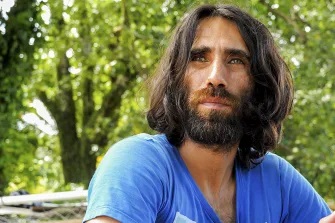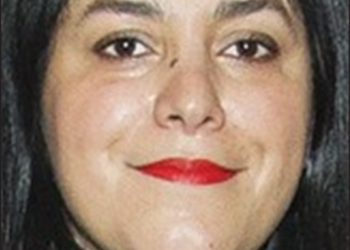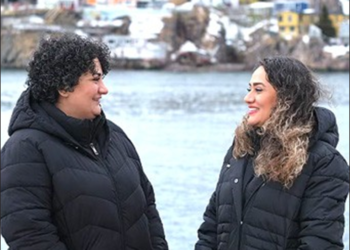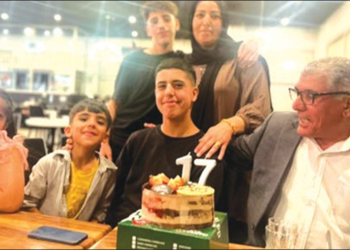July 24, 2020

Behrouz Boochani, a Kurdish journalist who fled Iran and won an Australian book award for his tale of six years imprisoned on Manus Island by Australia, has now been granted refugee status in New Zealand. Immigration New Zealand confirmed July 24 that Boochani had been given the status, which allows him to legally stay in the country and gives him a path to citizenship.
Boochani, 37, said, “I feel relieved. It’s the end of very long story, my personal story. But on the other side, the whole story still remains, and I’m only part of the whole story. This policy of Australia still keeps people in indefinite detention.” While the numbers of asylum-seekers held in offshore detention camps by Australia has been significantly reduced over the years, Boochani said there are still hundreds being kept in limbo on the Pacific island nations of Nauru and Papua New Guinea, as well as within Australia.
Boochani first traveled to New Zealand from Papua New Guinea last November on a temporary one-month visa to speak at a literary festival about his book, which details the time he spent at Australia’s notorious offshore detention camp on Papua New Guinea’s Manus Island. After his New Zealand visa expired, he stayed in the city of Christchurch, choosing to keep a relatively low profile as his case became politicized in New Zealand. Some questioned why he’d been allowed in the country on a temporary visa if he’d always intended to stay, and why Prime Minister Jacinda Ardern hadn’t been told he was coming.
“I don’t want to be a politician. I didn’t want to create a challenge in this country,” Boochani said. “I have a simple life, and have been doing work overseas.” Boochani confirmed he had previously been recognized as a refugee by the US, although he said the process had never been finalized.
After Boochani fled Iran he made his way by boat from Indonesia to Australia’s Christmas Island in 2013. But Australia had adopted a policy that said no one trying to sneak into Australia by boat would be allowed to stay in the country. Those who flew into Australia by plane and overstayed visas are handled differently. But the boat people became a huge political issue and a target of mass fury.
posting to social media, Boochani shone a light on the plight of asylum-seekers. He detailed the unsanitary conditions, hunger strikes and violence, as well as deaths caused by medical neglect and suicide. He eventually used his phone to write his book, sending Farsi texts to a translator in Australia over the messaging app WhatsApp. Called “No Friend But the Mountains,” the book won a prestigious Australian award, the Victorian Prize for Literature
Boochani couldn’t collect his award or the prize money of 125,000 Australian dollars ($89,000) in person because he was still confined to Manus at the time. In New Zealand, Boochani will work as a senior adjunct research fellow at the University of Canterbury.



















